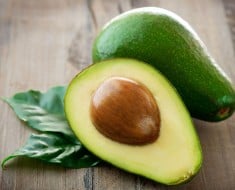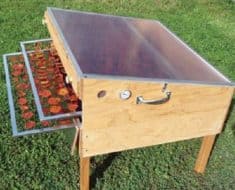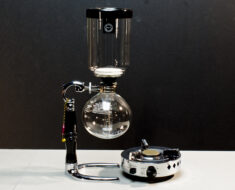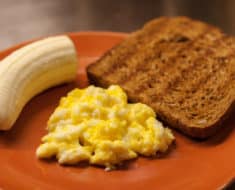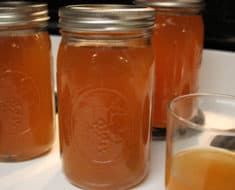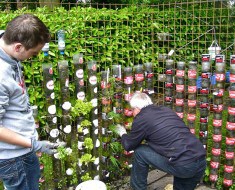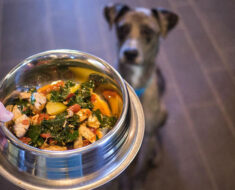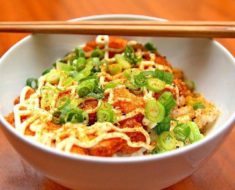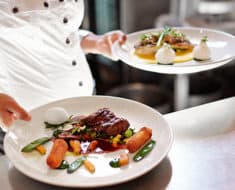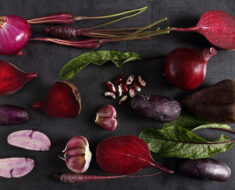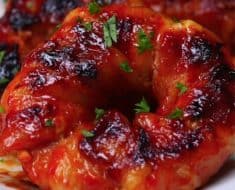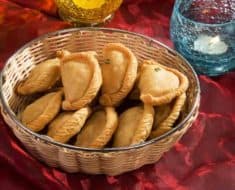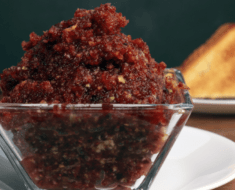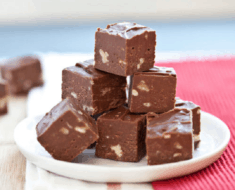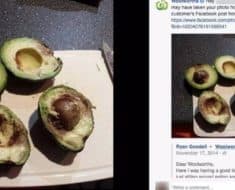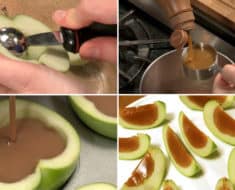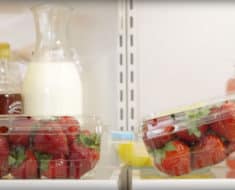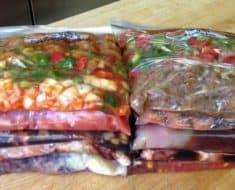
Rhoads Roast Coffee
More and more coffee drinkers are getting enticed by the unique blend of Jamaican Blue Mountain Coffee. With the rich aroma and earthy flavor of this coffee blend, it is becoming fairly popular with caffeine aficionados. But if you are a regular in a coffee shop or cafe, you must know that these luxurious beans come with a handsome amount of money. You may be wondering why this particular coffee costs you more than your regular cup. Keep reading then as we give you details on how this blend came to be.
Hands-on Process
Many elements affect the taste of the coffee beans, and this list of factors includes the following: soil type, weather, the amount of rainfall, altitude, picking method, and many more. But what makes this coffee stand out is that the entire process of producing its finished product is by hand. Yes, you read that right. The experienced coffee farmers start from sowing, handpicking the ripe beans, drying, and roasting the beans. The labor in producing this coffee is incredible in itself.
Place of Cultivation
The cultivation of this plant only happens in four parishes of the country, namely in; St. Mary, St. Andrew, St. Thomas, and Portland. The altitude also plays a part. It has to be grown in the ridges reaching about 3,000 to 5,000 feet above sea level. Because it’s so specific, it’s vital that you make sure you’re getting a legitimate bag of this variant. We suggest you check this list of Jamaican Blue Mountain Coffee brands to help you get started.
Global Recognition
An authentic bag of Blue Mountain Coffee carries the significant mark of being awarded and certified by the Coffee Industry Board of Jamaica. This certification means the particular blend has passed a rigorous quality control process. It also signifies that the brand is under the global protection of the Coffee Industry Regulation Act.
Bean Grading
As we have mentioned previously, the step-by-step process is through manual means. The grading of each bean depends on its size and uniformity. So the expert eye of the local women sorts out any bean that is not of export quality. Any minor deformity in the beans is suggestive of Borer beetles’ doing. This kind of infarction is something that automated sorter machines may miss. The locals dispose of any damaged beans, while the beans that do not pass the export sizing can be for domestic purposes.
Supply and Demand
This basic concept in the economy plays a vital role in every product on the market. Since there are only very few farms on which this coffee is grown, the number of coffee beans they produce is significantly lower than their competitors. Plus, there is a high demand for this coffee. But this does not necessarily mean that Jamaican Blue Mountain Coffee is at a disadvantage. Oppositely, this makes it a high-value product. Well, we do not want to sacrifice the quality of a product to produce more, correct?
Final Thoughts
What stands out for this coffee is its subtle and mildly sweet taste that is a fusion of wine, nuts, and fruit. With its price tag around $50 to $60 per one-pound bag, it is saying a lot. There may be a few people who can afford to buy it. But if you have a penchant for savoring one of the most delectable coffees, then it sure is justifiable to taste a cup of this Jamaican Blue Mountain Coffee.







